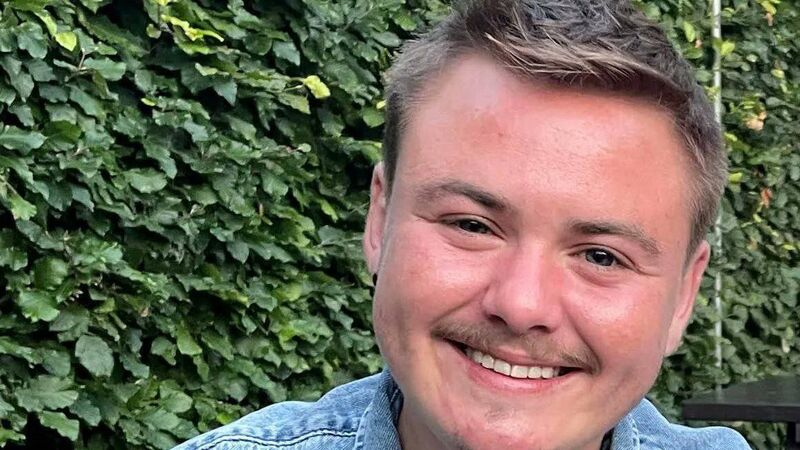Maeve Higgins: ‘Ireland in the past few years feels less safe for trans people’

Noah Halpin via Twitter.
THE published an illuminating study this week, about how even a one-hour teaching session delivered to final-year medical students “was effective in improving student knowledge of care of transgender people”.
Any improvement is welcome, because multiple studies show that transgender people experience more health inequities and have specific healthcare needs compared to their cisgender counterparts.












